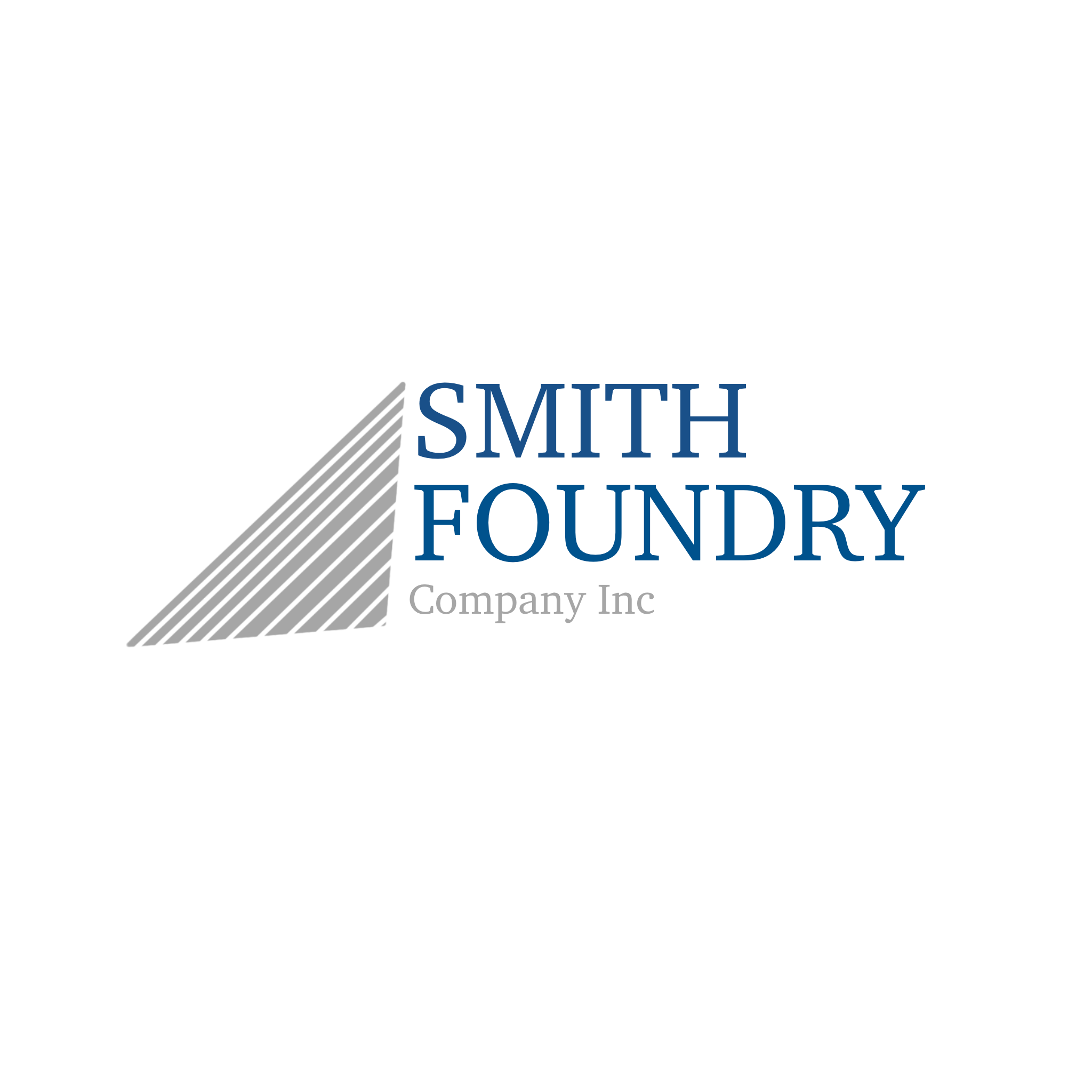History of Smith Foundry Company
The Smith System Heating Company got its start in 1905 when Leo Smith and two cousins acquired a company in Minneapolis, Minnesota, that manufactured pot belly stoves for use in one-room school houses and town halls.
The well-made stoves were in great demand and sold throughout the United States during the early part of the 20th century. Due to their early success in manufacturing, the Smith family decided to purchase a small gray iron foundry, to be known as Smith Foundry Company, in South Minneapolis in 1923. The foundry's sole purpose was to manufacture the iron castings required for the stoves. The company continued to produce pot belly stoves until the United States entered into World War ll. At that time everything changed for both divisions of the company along with the entire U.S. economy. During the war, the company's entire production capacity was dedicated to providing sheet metal parts and iron castings for the war effort.
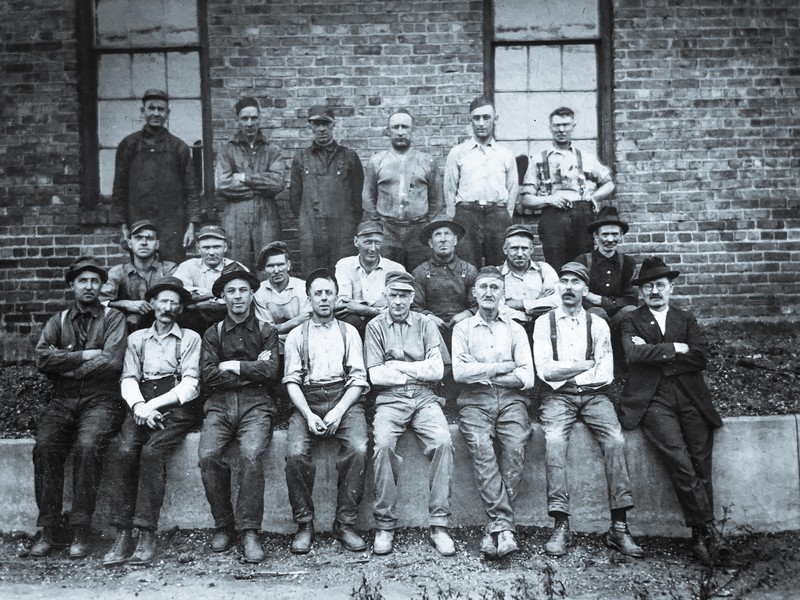
After WW II, the demand for stoves diminished as schools became larger and heating systems converted to gas and oil. The company was near bankruptcy when Clark Smith and Douglas Ahlstrom, both WW II veterans, returned from military service to resume their management positions with the company. They quickly repositioned both divisions of the company to serve the needs of a peace time economy. The foundry became a short-run jobbing shop serving the needs of original equipment manufacturers, while the stove division developed a proprietary line of sheet metal products used in libraries and schools. Those strategic post-war changes kept the business from going bankrupt and ultimately allowed both divisions of the company to survive, grow, and prosper.
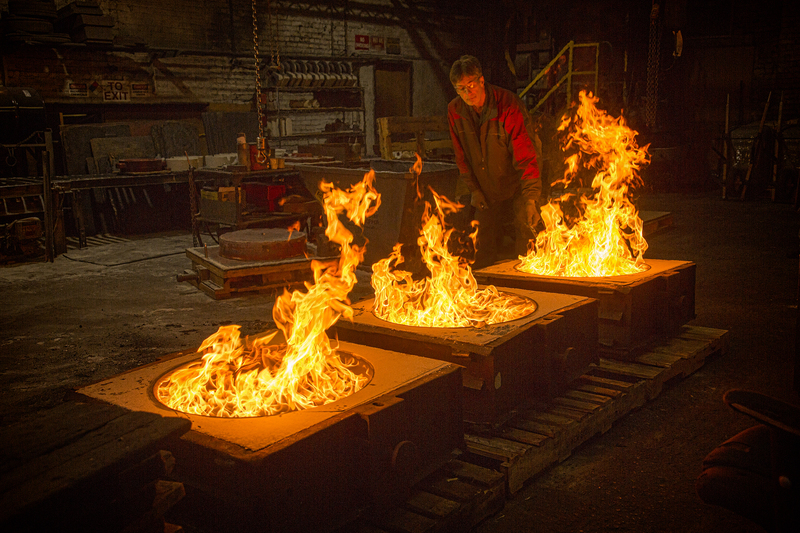
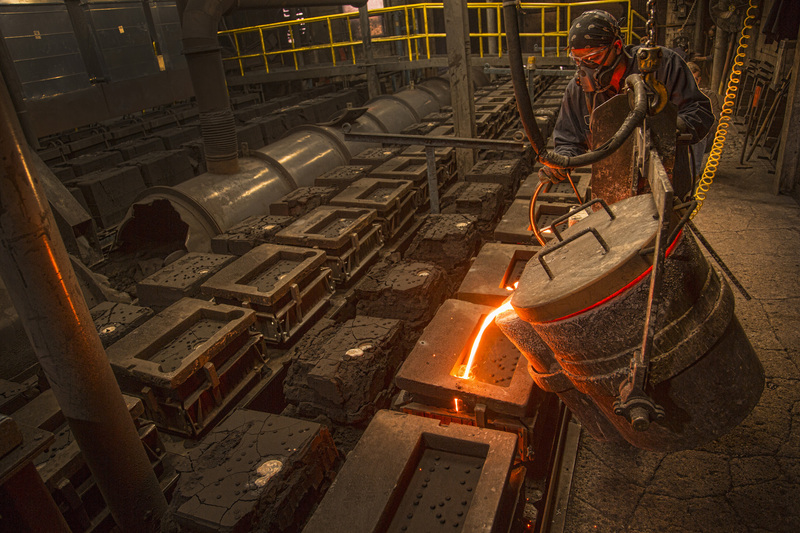
The Smith family sold the sheet metal division of the company in 1977 and Clark Smith turned his full attention to repositioning Smith Foundry Company for future growth. During the next decade the company made major investments in technology upgrades, environmental improvements, and modernization. More efficient and environmentally friendly electric melting systems were installed, highly automated molding lines replaced old, labor intensive practices, and modern core making technologies were introduced. At the same time, the company continued to place high priority on establishing and maintaining long-term partnerships with its diverse customer base. That business philosophy served the company well as many of our current 300 active accounts have been customers since the foundry first entered the jobbing business in 1946.
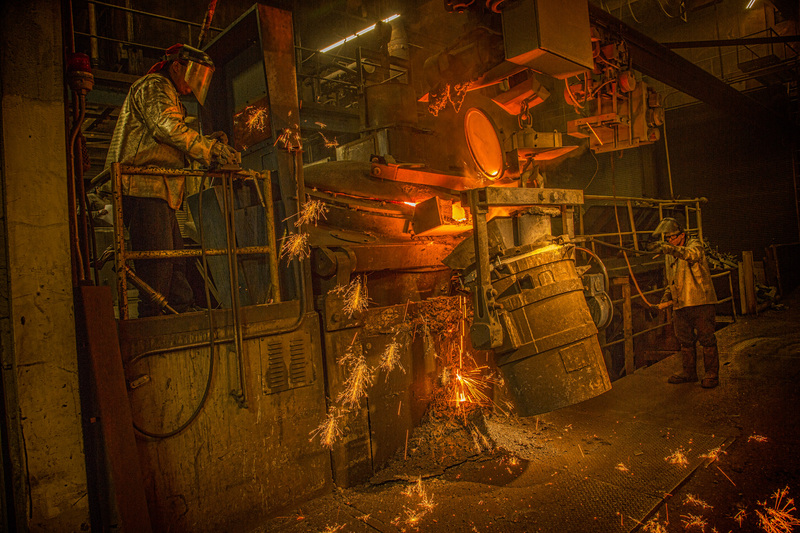
In 1988, Neil Ahlstrom, a third generation manager of the company, purchased the foundry from the Smith family. He continued the philosophies of the previous generations by reinvesting in the business, providing educational and advancement opportunities for its employees, and maintaining a focus on quality, lean manufacturing, and customer satisfaction. During the next two decades the company continued to invest in the business and its diverse workforce. The company added ductile and austempered ductile iron to its offerings, along with value added services such as machining, heat-treating, painting, plating, and special packaging. In addition, the company continued to add key staff members who were dedicated to providing a wide range of technical assistance to customers regarding engineering and metallurgical issues, casting conversion projects, and design assistance needs. The value added services developed during that time allowed the company to better serve the ever-changing demands of the marketplace and advance its long term goal of being a leader in providing a wide array of services and solutions to casting users.
We at Smith are proud of our history. We have proven our ability to adapt, survive, and prosper during the past nine decades. Our story is a testament to perseverance, sacrifice, and the never-say-die attitude of many hard working and dedicated people who have helped make our company successful. We are truly indebted to them and we will do our utmost to continue their proud tradition now and into the future.
